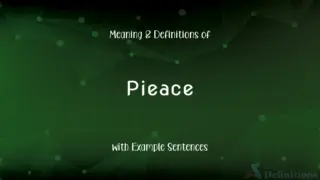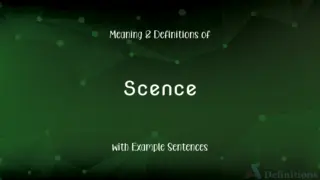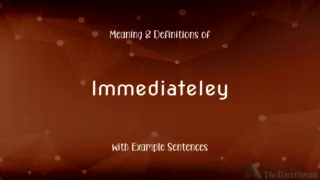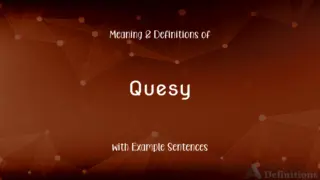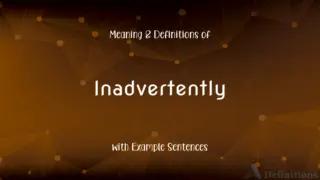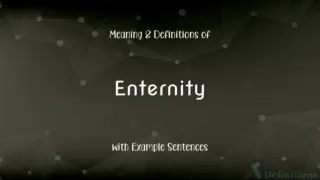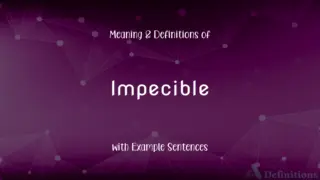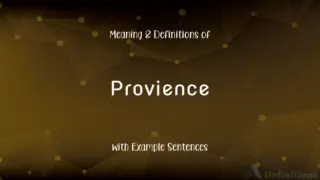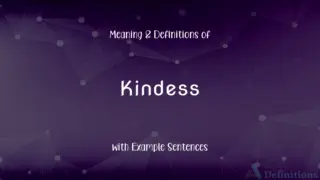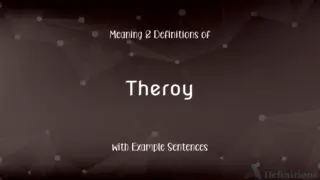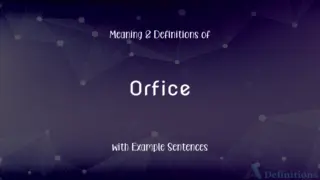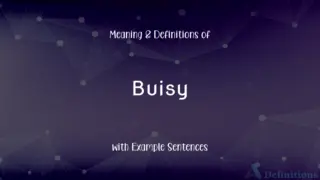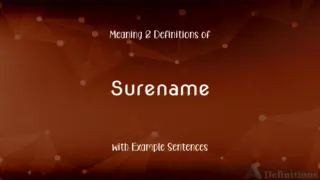Preceed Meaning and Definition
"Preceed" is not a standard word in the English language. Please consider the correct spelling, "Precede." Misspellings can create confusion or diminish the perceived quality of the text.
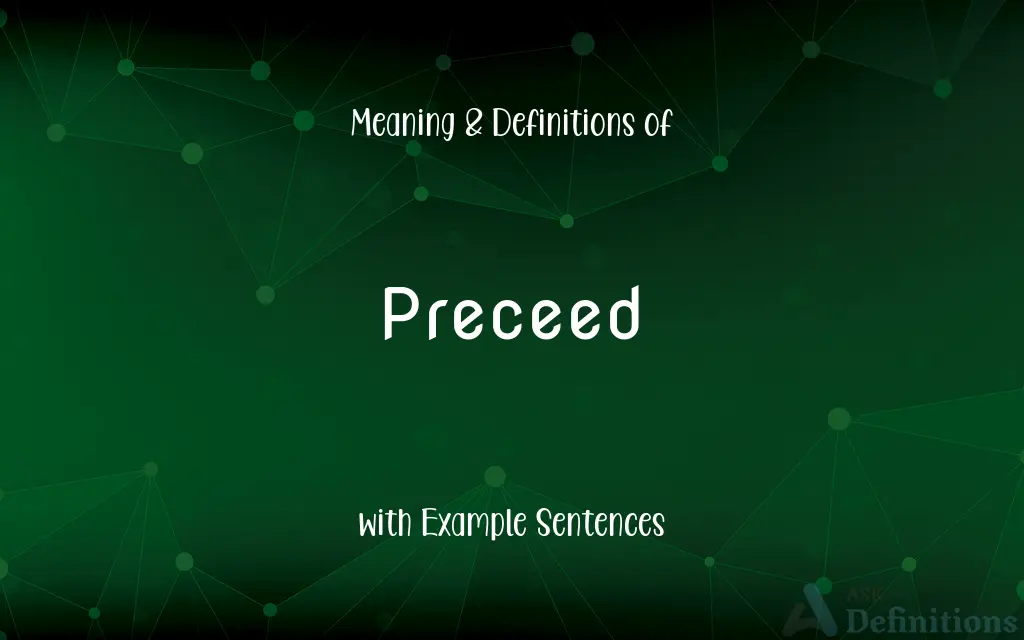
Table of Contents
Precede Definitions
To come before something in time, order, rank, or position.
The introduction will precede the first chapter of the book.
Priority in Rank: Precede can mean having a higher rank or position.
The general precedes other officers in the military hierarchy.
Spatial Precedence: Precede can indicate being in front or ahead in space.
The lead car precedes the convoy.
Introduction: Precede means to serve as an introduction or precursor to something.
A brief speech will precede the award ceremony.
Temporal Sequence: Precede means to occur before something else in time.
Dawn precedes sunrise.
Cause and Effect: Precede can suggest being the cause or reason before an effect or result.
Symptoms often precede a diagnosis.
Order of Events: Precede refers to being earlier in a sequence of events.
The meeting will precede the lunch break.
Historical Antecedence: Precede implies coming before something historically or chronologically.
Ancient civilizations precede modern societies.
Leading Up To: Precede involves leading up to or setting the stage for something.
The prologue precedes the main story in the play.
Influence or Inspiration: Precede denotes being an earlier influence or source of inspiration.
Folk tales often precede formal literature.
Preceding Generation: Precede refers to belonging to a previous generation.
Grandparents precede their grandchildren in the family line.
To come, exist, or occur before in time
A lecture preceded the movie.
To be in front of or prior to in order
A precedes B in the alphabet.
To go in advance of
A marching band preceded the float.
To preface; introduce
Preceded her lecture with a funny anecdote.
To be before in time, order, or position.
(transitive) To go before, go in front of.
Cultural genocide precedes physical genocide.
(transitive) To cause to be preceded; to preface; to introduce.
(transitive) To have higher rank than (someone or something else).
Brief editorial preface (usually to an article or essay)
To go before in order of time; to occur first with relation to anything.
To go before in place, rank, or importance.
To cause to be preceded; to preface; to introduce; - used with by or with before the instrumental object.
It is usual to precede hostilities by a public declaration.
Be earlier in time; go back further;
Stone tools precede bronze tools
Come before;
Most English adjectives precede the noun they modify
Be the predecessor of;
Bill preceded John in the long line of Susan's husbands
Move ahead (of others) in time or space
Furnish with a preface or introduction;
She always precedes her lectures with a joke
He prefaced his lecture with a critical remark about the institution
Precede Idioms & Phrases
Precede the dawn
To start something or take action before everyone else.
She always liked to precede the dawn, getting a head start on her work.
Precede with a lantern
To guide or show the way for others to follow.
In her role as a mentor, she always tried to precede with a lantern, illuminating the path for her mentees.
To precede in the shadows
To lead or set the foundation for something without public recognition.
His groundbreaking research preceded in the shadows, paving the way for future discoveries.
A storm that precedes calm
A difficult or chaotic situation that comes before a period of peace or stability.
The merger was a storm that precedes calm, leading to a more prosperous period for the company.
A name that precedes
A reputation or fame that is recognized before the individual appears.
In the art world, her name precedes, known well for her innovative styles.
To precede with caution
To approach or begin something with careful consideration.
In these negotiations, it's wise to precede with caution.
To precede in silence
To make progress or move forward without drawing attention.
She made her career advances by choosing to precede in silence.
Precede with a song
To begin an endeavor with enthusiasm or fanfare.
They opened the festival, choosing to precede with a song.
Precede the tide
To act or make a decision before a change or trend becomes apparent to others.
In investing, he always managed to precede the tide, predicting shifts in the market.
A step that precedes
An initial action that sets off a series of events.
His decision to study abroad was the step that preceded his international career.
A tale that precedes
A history or backstory that informs the current situation.
The company's success had a tale that precedes, full of struggles and triumphs.
To precede the parade
To be at the forefront of a movement or trend.
The company was known to precede the parade in adopting new technologies.
A word that precedes
An introduction or preamble that sets the stage for what follows.
His speech had a powerful word that precedes, captivating the audience.
Precede the fall
To occur before a decline or failure.
The economic indicators were seen to precede the fall of the market.
Precede the curtain
To perform or act before the main event or attraction.
The opening act was chosen to precede the curtain, setting the tone for the show.
To precede the sun
To begin an activity or task very early in the day.
The farmers would precede the sun, working from the early hours of the morning.
To precede with grace
To lead or go ahead in a dignified and elegant manner.
She managed the crisis, choosing to precede with grace under pressure.
To precede without a trace
To lead or pave the way without leaving any evidence or recognition.
The anonymous donor chose to precede without a trace, impacting lives without seeking credit.
To precede in tandem
To lead or go forward alongside someone else, in cooperation.
The two companies decided to precede in tandem, combining their resources for the project.
Precede with stars
To embark on a path marked by success or acclaim.
Her acting career began to precede with stars after her award-winning performance.
Precede Example Sentences
The appetizer will precede the main course.
Instructions precede the start of the exam.
The title page precedes the table of contents in the book.
A warm-up session precedes the actual workout.
The tutorial video precedes the interactive session.
Traditionally, a thunderstorm precedes the arrival of the monsoon.
The queen precedes all other members of the royal family.
Her reputation as a great scientist precedes her.
Light stretches should precede any vigorous exercise.
The announcement precedes the commencement of the show.
The national anthem precedes many sporting events.
In the parade, the band precedes the float.
A calm evening often precedes a sunny day.
Cloudy skies often precede rain.
The introduction of the speaker precedes the lecture.
Common Curiosities
How is precede used in a sentence?
Example: "A brief speech will precede the ceremony."
Why is it called precede?
"Precede" originates from the Latin "praecedere," meaning "to go before."
What is the pronunciation of precede?
"Precede" is pronounced as /prɪˈsiːd/.
What is the verb form of precede?
"Precede" itself is a verb form.
What is a stressed syllable in precede?
The second syllable "cede" is the stressed syllable in "precede."
What is the second form of precede?
The second form (past tense) of "precede" is "preceded."
What is the singular form of precede?
"Precede" is a verb and does not have a singular form.
How many syllables are in precede?
There are two syllables in "precede."
What is the root word of precede?
The root word of "precede" is the Latin "praecedere."
What is the first form of precede?
The first form (base form) of "precede" is "precede."
What is the third form of precede?
The third form (past participle) of "precede" is "preceded."
How do we divide precede into syllables?
"Precede" is divided into syllables as "pre-cede."
What part of speech is precede?
"Precede" is a verb.
What is another term for precede?
Another term for "precede" is "antecede."
Is precede an adverb?
No, "precede" is not an adverb.
Is the precede term a metaphor?
"Precede" can be used metaphorically in certain contexts.
Is the word “precede” a Direct object or an Indirect object?
"Precede" is a verb and does not function as a direct or indirect object.
Which determiner is used with precede?
Determiners are not typically used with verbs like "precede."
What is the plural form of precede?
As a verb, "precede" does not have a plural form.
Is precede an abstract noun?
"Precede" is a verb, not a noun.
Is the word precede Gerund?
The gerund form of "precede" is "preceding."
Which vowel is used before precede?
Any vowel can precede "precede" depending on the context.
What is the opposite of precede?
The opposite of "precede" is "follow" or "succeed."
Is precede a noun or adjective?
"Precede" is a verb, not a noun or adjective.
Is precede a vowel or consonant?
"Precede" is a word, not a vowel or consonant.
Is precede a collective noun?
No, "precede" is not a collective noun.
Is the word precede imperative?
"Precede" can be used in the imperative form, as in "Precede the procession."
Which preposition is used with precede?
Prepositions are not typically used directly with "precede."
Which conjunction is used with precede?
Conjunctions like "and" or "but" can be used in sentences with "precede."
Is precede a negative or positive word?
"Precede" is neutral; it is neither inherently negative nor positive.
Is precede a countable noun?
"Precede" is not a noun; it is a verb.
Which article is used with precede?
Articles are not typically used with verbs like "precede."
Share Your Discovery

Previous Term
Gaurentee Meaning and Definition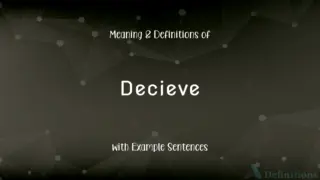
Next Term
Decieve Meaning and Definition
